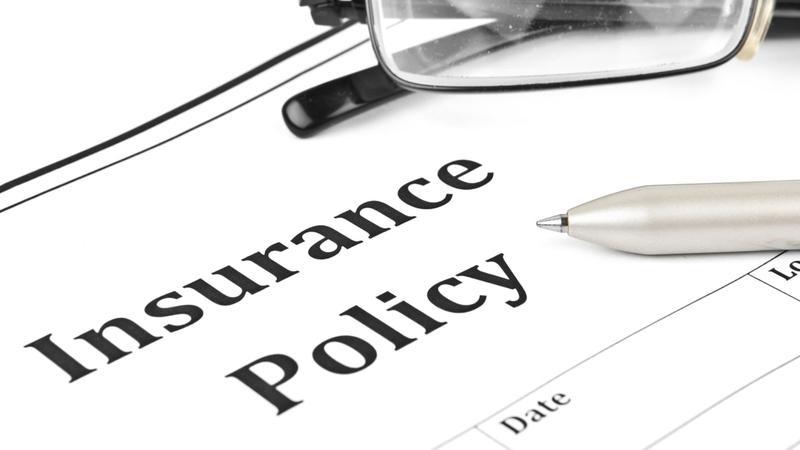When shopping for car insurance quotes or dealing with a claim, many of the terms used may leave you confused and overwhelmed. It is important to have an understanding of the basic terminology in the insurance world in order to help you successfully navigate through these important transactions. Below you will find a list of terms used in the industry to familiarize yourself.
THE BASIC TERMS
Policy Limits: This term describes the amount of coverage that is available to you for the specific type of claim. You limit refers to the maximum amount the insurance company will payout should an incident occur.
Endorsement: This is an option that is added to a standard insurance policy to provide coverage for additions to vehicle. An example of this includes rental car coverage.
Agent and Broker: These are two different types of individuals who can assist you in obtaining insurance coverage. They differ as an agent generally works for a single insurance company while a broker can represent several.
No-fault Insurance: This term refers to the method of claims settlement used in certain provinces where no matter who is at fault in an accident, each parties claimed is paid by their own insurance company.
Third-Party Liability: This refers to the coverage provided by the insurance company to pay out liability claims against you; this is considered damages for which you are found at fault. This will include property damage and injuries caused by your actions. It is required by law to carry a minimum amount of $200,000 for third party liability in most provinces.
Collision and Comprehension: These two terms describe the most common optional choices auto insurance policies offer. Collision provides coverage to repair the damage to your vehicle in a situation where you are found to be at fault or your vehicle is damaged by an unidentified vehicle. Comprehensive provides coverage for repairs to your vehicle that are caused by something other than a collision such as theft, vandalism, weather or other possible causes.
Deductible: The term is used to describe the amount for which you would be responsible for in the event of a claim. By making a claiming towards your collision or comprehensive coverage, you will pay a portion of the damages out of pocket. The deductible amount may have a large impact on your rates.
Optional Coverage: This term refers to any coverage on your policy that you are not required to have by law. This can include options such as waiver of depreciation, rental car coverage, roadside assistance, and accident forgiveness.
CLAIM PROCESS TERMS
Total Loss: This term is used when the cost to repair the damage to the vehicle is greater than the vehicles value, also known as "write-off". The insurance company may determine a vehicle a total loss when it is not financially worth the repairs, and will compensate the owner the current market value of the vehicle. The insurance company then takes ownership of the vehicle itself.
Fault: This term is easily misinterpreted; it defines who was responsible for the accident occurring. This determination is made by insurance adjusters by gathering all information available from the incident, which includes police reports, eye witness reports, and interviewing parties involved. In some cases, there may be more than one driver found at fault, which then the insurance company determines the degree of responsibility of each driver involved. In cases of disputes, court action may be taken.
Accident Forgiveness: Should you be found at fault in an accident, some policies offer this as additional coverage. It avoids a surcharge or increase on your policy if it is your first accident and you have added this feature on your plan prior to the incident occurring.
Always clarify insurance companies for any terms you are unfamiliar with, and stay informed. Knowing what these terms mean is very important in choosing the right coverage for your needs.
